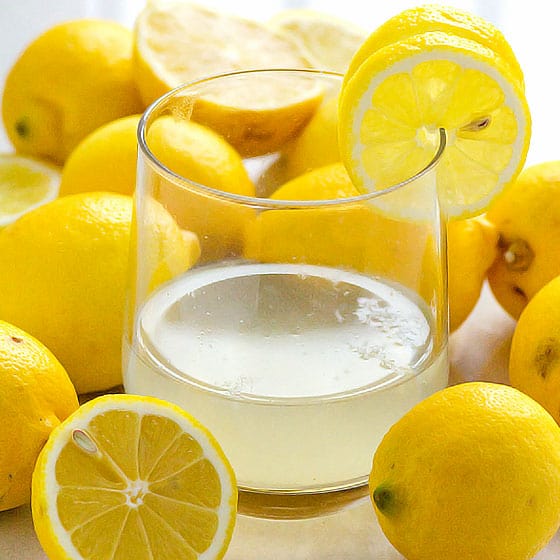“I’ll have a water with lemon please.” How many times have you heard this in in a restaurant? Or a friend remarks “I start everyday with hot lemon water. It’s supposed to be great for my health.” Have you heard the benefits? Vitamin C, pH balance, antibacterial, detoxifying, weight loss.(1)
Today’s health conscious society combined with instant access to information online makes it easy to discover new and potentially beneficial diet regimens: Lemon water, coconut oil, elderberry, zinc, gluten free, vegan, paleo, etc. There appears to be no shortage of silver bullets just waiting to be discovered for our benefit. But can one potential benefit be canceled out by creating another problem?
16 years of dental practice have given me the privilege of treating and caring for thousands of people. I value my role in being able to play a small part of people’s wellness while making relationships with generations of families. I’ve noticed in speaking with my patients and observing their mouths that dietary habits can affect our teeth either beneficially or detrimentally. In dental school, we are taught that sodas and other carbonated beverages are particularly acidic and can be damaging to our natural tooth enamel. Coca Cola, Sprite and Mountain Dew: not only do they contain high levels of sugar, but high levels of acid as well. Listed on the ingredients right after carbonated water is usually “phosphoric” or “citric” acid; check for yourself next time you see a can! Diet sodas are unfortunately no better eliminating sugar, but containing high levels of acidity nonetheless. We learned that acidic environments in the mouth cause decalcification of our teeth. We learned that bacteria present in our mouths metabolize sugars we consume giving off acid as a byproduct. The acidic pH in the mouth created during this process decalcifies our enamel causing white spots, then brown spots which cavitate into what we call “cavities.”
With today’s public health awareness, most people today recognize sodas are not healthy for us and most people report avoiding these beverages. However, I’m noticing patients are presenting these days with a significantly increasing rate of acidic erosion on their teeth for some reason. Several of my patients have required restoration of their teeth as a result. It’s known that exposure to acid in the mouth either comes from something in the diet or the stomach itself (acid reflux or “heartburn”). When patients report symptoms of heartburn, we refer them to their physicians to discuss possible treatments. However, when a patient has erosion, no heartburn symptoms and denies soda consumption, we start to ask more questions. One of the most common answers I’m hearing today is that patients are adding lemon to their diets in several ways. People are squeezing lemon onto their food (common in South Asian diets), drinking shots of lemon juice, drinking hot lemon water in the morning, drinking lemon water over the course of the day and variations thereof.
A recent study examined the erosivity of many beverages including Coca Cola, Sprite, Apple juice, Red Bull, Tap Water, swimming pool water, and lemon juice found that lemon juice, Sprite and apple juice had a significantly higher erosivity than all other drinks.(2)
As we live longer, we need our teeth to last a lifetime as well. Our recommendation is simply to limit these habits and use fluoride toothpaste or rinses daily. If that is not possible, avoid brushing after acidic beverages and rinse with water to allow your saliva to bring the pH back to normal in the mouth.
References:
- Edison Institute of Nutrition. 2017; July 15(Online)
- PLoS One. 2015; 10(6): e0129462

